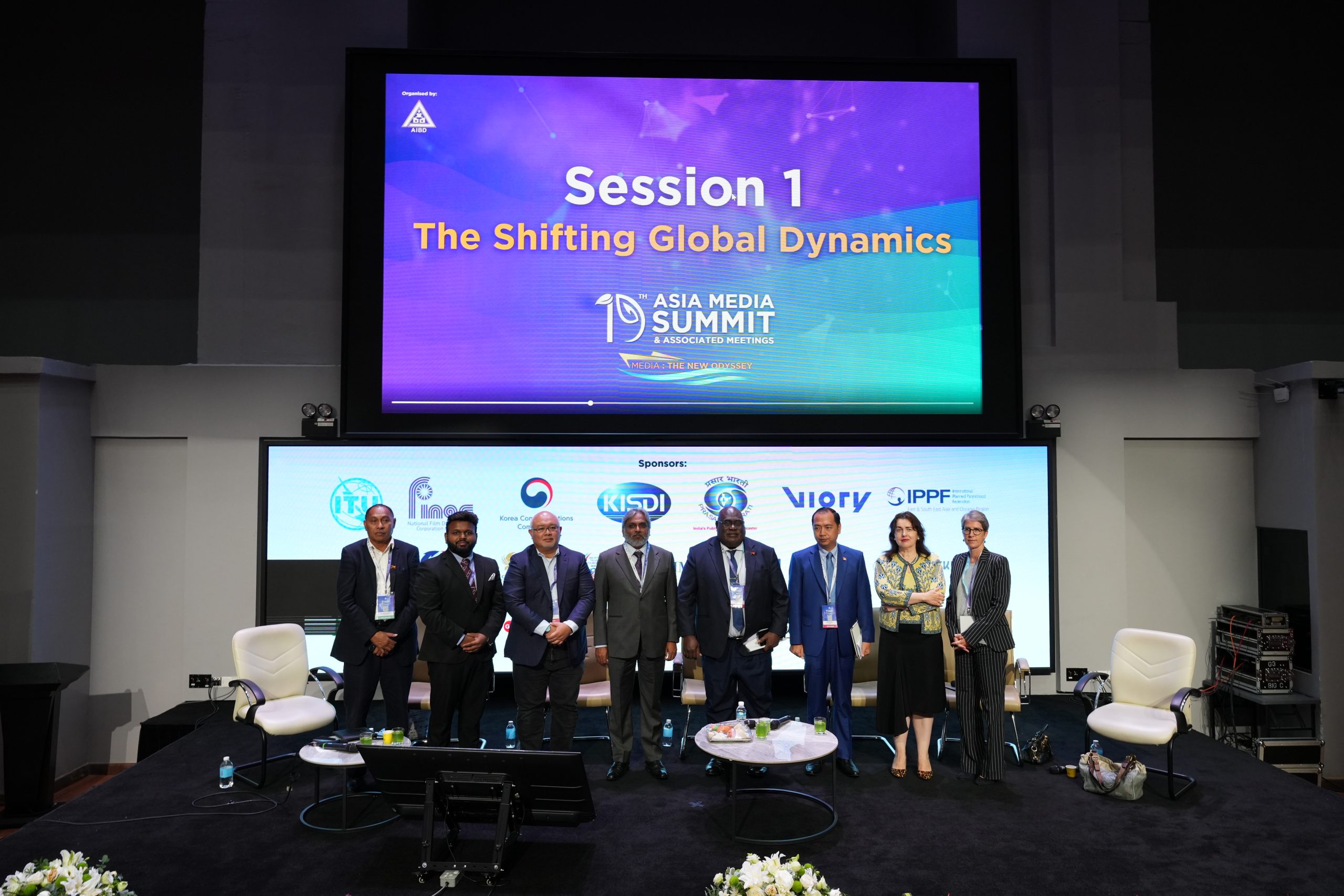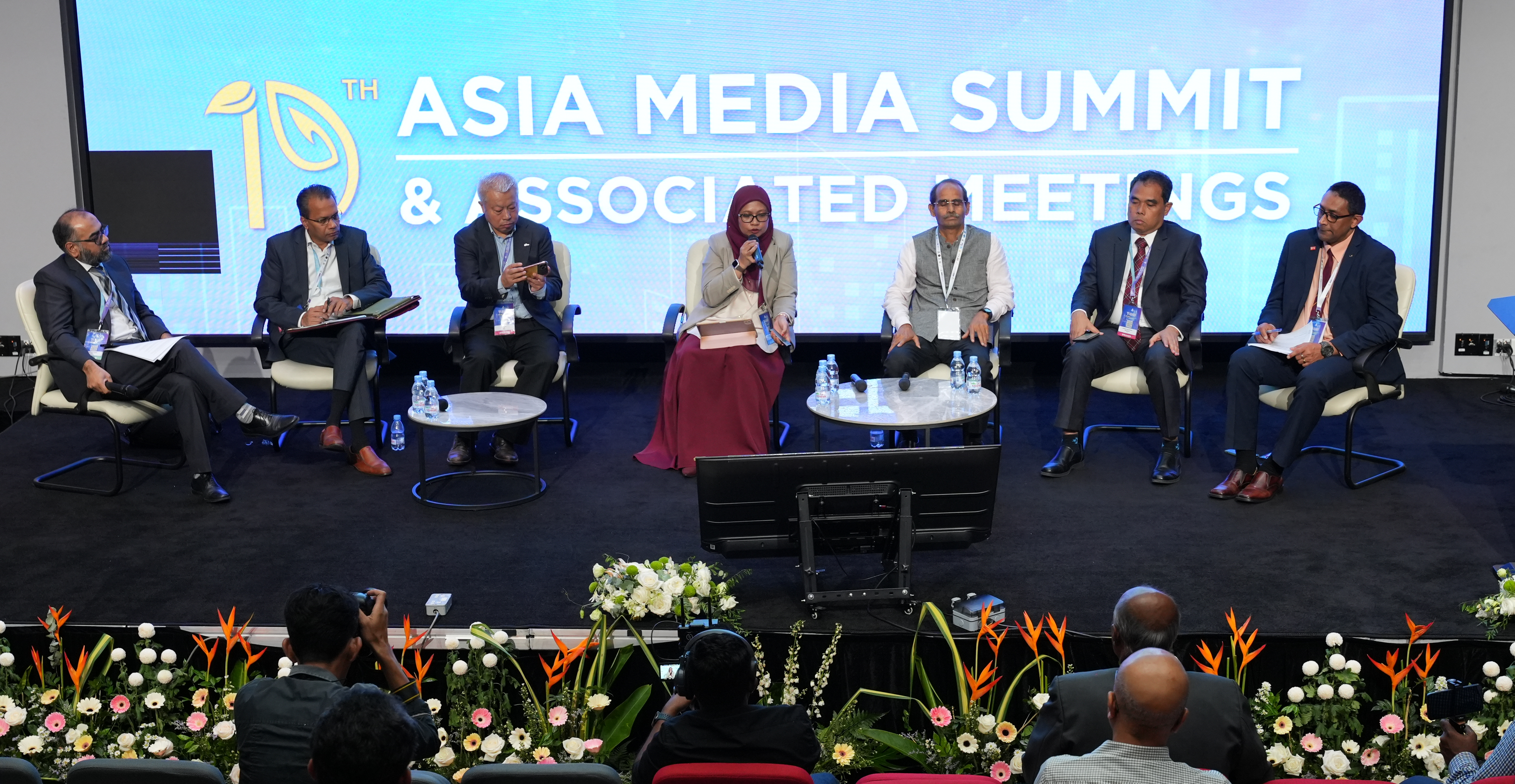High Performance Culture in the Digital World
[img_assist|nid=1665|title=|desc=|link=none|align=left|width=100|height=67]To create a high performance culture in the broadcast industry, there is a need for management to communicate regularly with the employees, recognize and reward their initiative and endeavor, develop a lifelong mindset and build an employee ownership and confidence on what they are selling for the organization.
As broadcasting is a creative industry, management must be aware of individual needs, and develop a workplace wherein people have space to think, create and share comfortably.
To create a high performance culture in the broadcast industry, there is a need for management to communicate regularly with the employees, recognize and reward their initiative and endeavor, develop a lifelong mindset and build an employee ownership and confidence on what they are selling for the organization.
As broadcasting is a creative industry, management must be aware of individual needs, and develop a workplace wherein people have space to think, create and share comfortably.
Ms. Sally-Ann Wilson, Secretary General of the Commonwealth Broadcasting Association, UK, presented today these recommendations at the plenary session on “ Creating a High Performance Culture” of the Asia Media Summit in Hanoi.
In her presentation, she said it was important to focus on the individual to build group commitment to the company’s mission and objectives.
[img_assist|nid=1665|title=|desc=|link=none|align=center|width=500|height=333]
Mr. Anothai Udomsilip, Director of the Academic Institute of Public Media, Thai Public Broadcasting Service, and Thailand also spoke at this session, and cited some steps to build a high performance culture. They involved adopting a clear public service remit, raising awareness about an organization’s brand and developing trust between management and employees.
For his part, Mr. Francis Herman, Team Leader of the AusAid-funded Vois Blong Yumi Project, Vanatu, emphasized initiatives to retain employees. They include provision for profit sharing arrangement, performance pay system, cash and non-cash rewards for excellence, excellence awards and opportunities for further education, among others.
In the Pacific Islands, keeping good people has become a daunting challenge because of the failure to pay better wages and stark absence of a people development plan.
In addressing retention issues, Mr. Herman said broadcasters in the region are beginning to develop organizations objectives and strategies, setting job expectations and promoting actively career development plans.




